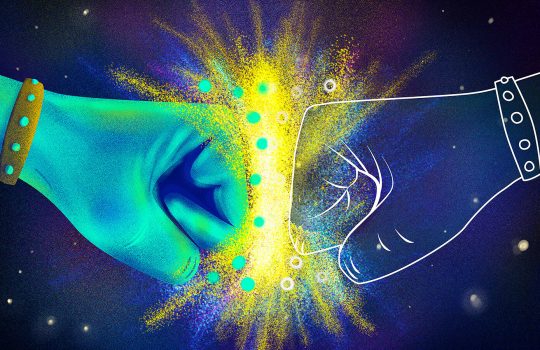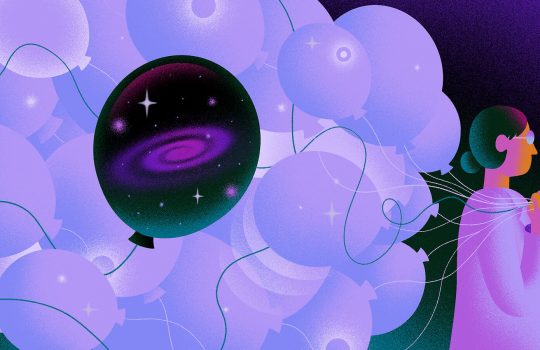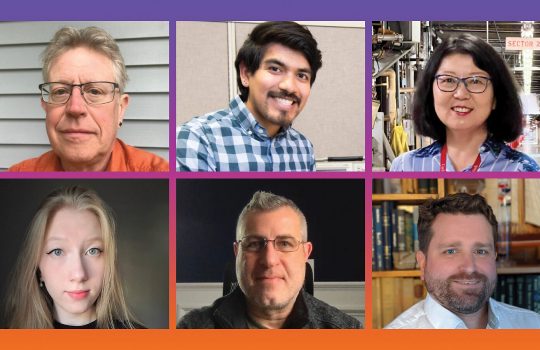Optical stochastic cooling improves particle accelerator beams
From Techfragments, August 12, 2022: Jonathan Jarvis led a team of researchers who used the Integrable Optics Test Accelerator at Fermilab to demonstrate and explore a new kind of beam cooling technology. “Cooling” a beam reduces the random motion of the particles making the beam narrower and denser. Physicists could potentially use this new method to explore rare physics phenomena that help us understand our universe.



